10 Things To Avoid When Living Alone as an Older Person
Living solo in your later years can be empowering and peaceful, but it also comes with hidden traps that slowly chip away at your safety or comfort. The good news is that many of the biggest problems are completely avoidable. With a little awareness and a few tweaks, living alone can stay enjoyable and secure. Here’s what to steer clear of.
Ignoring Minor Aches and Symptoms

Credit: Canva
Brushing off a persistent cough or frequent fatigue might seem harmless, but small issues often point to bigger health problems. Seniors living alone sometimes downplay symptoms until they can’t be ignored. Catching conditions early leads to better outcomes, so don’t wait.
Letting Clutter Take Over
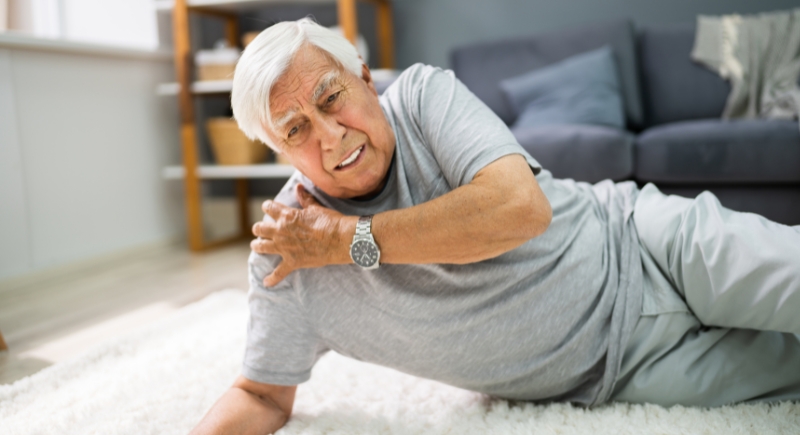
Credit: Getty Images
Most falls happen in familiar spaces with familiar things like stacks of old mail and shoes left near doorways. In fact, most senior falls happen at home, and nearly half of those injuries require hospitalization. Regular cleanups and smarter storage go a long way.
Going Days Without Meaningful Conversation

Credit: Getty Images
You don’t need a full social calendar, but going too long without a real chat can mess with mood and memory. Even a friendly neighbor wave or a five-minute phone call with a grandkid makes a difference. Studies link regular social contact to better brain health and a longer lifespan.
Relying on Memory for Medications

Credit: Canva
If your pills don’t have a schedule, your body won’t have one either. Medication mix-ups are more common than people think, especially with multiple prescriptions. Pill organizers, smartphone alerts, or even pharmacy blister packs can help keep everything on track—no mental gymnastics required.
Cooking Without Fire Safety in Mind

Credit: Getty Images
Seniors living alone are at higher risk simply because there’s no one else around to notice smoke or stop a problem early. Automatic shut-off devices, visible timers, and distraction-free cooking make a difference. Keep a small fire extinguisher nearby and know how to use it, just in case.
Toughing Out Transportation Issues
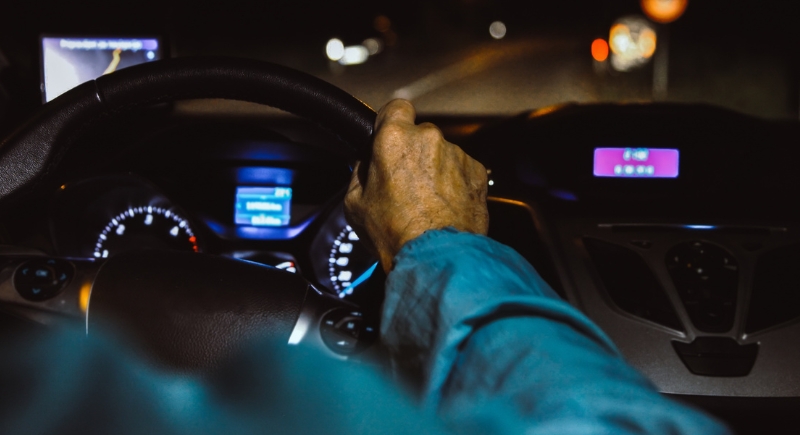
Credit: Getty Images
Driving at night or reading tiny GPS screens can become more challenging with age. But avoiding the issue entirely can shrink your world. Mobility matters as appointments, groceries, and friendships rely on it. When options are in place, you’re less likely to stay home just because it feels easier.
Staying Quiet About Mental Health
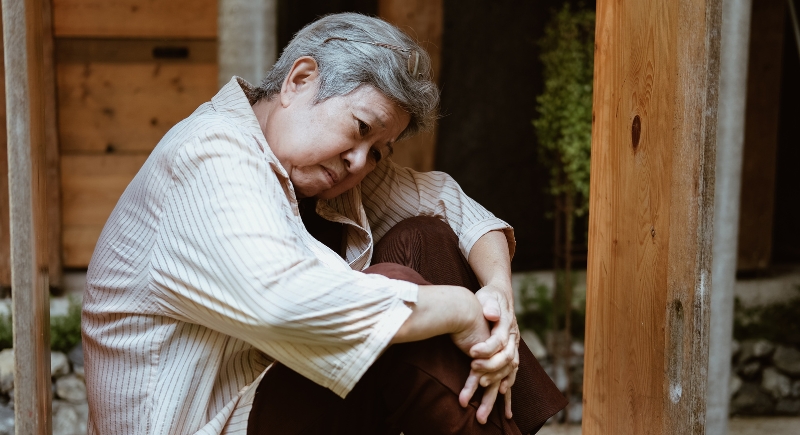
Credit: Canva
Depression and anxiety don’t always show up loudly. Sometimes it’s just not feeling like yourself anymore. These changes are common but shouldn’t be dismissed. Mental health matters just as much as physical health, and treating it can restore energy, purpose, and even sleep.
Neglecting Home Lighting

Credit: pexels
One poorly lit hallway can turn into a disaster at 2 a.m. Motion-activated lights, especially near stairs and bathrooms, light the way without you fumbling for a switch. Plus, LED bulbs last longer and shine brighter. This small upgrade adds a big layer of nighttime safety.
Avoiding Help Out of Pride
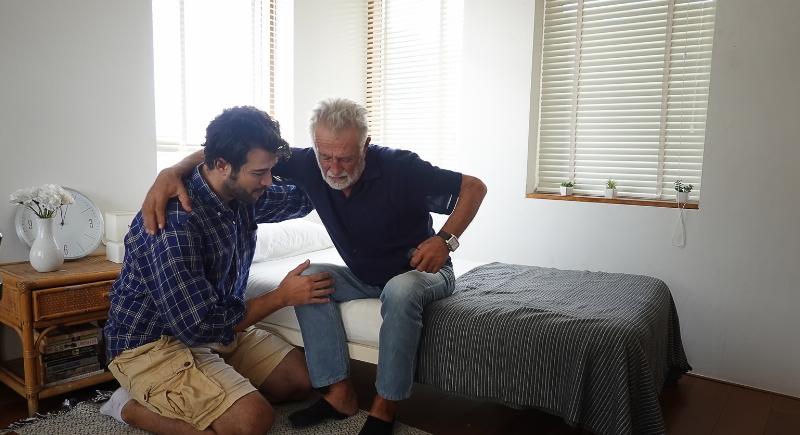
Credit: FotoArtist
There’s a difference between being independent and being stubborn. Accepting help with chores or errands doesn’t mean you’re giving anything up. In fact, it’s a smart way to extend independence over the long haul. Support can come from neighbors, family, apps, or services.
Leaving Emergency Info Hidden
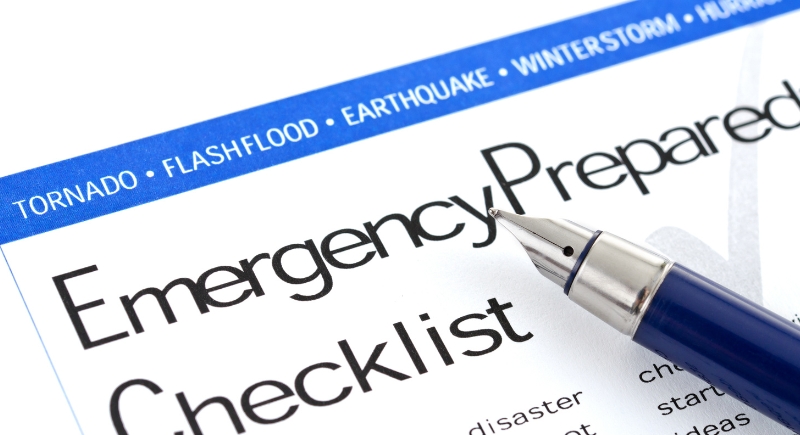
Credit: Getty Images
Emergency responders need fast access to key information, like who to call, what medications you’re on, and where allergies or health conditions exist. That’s hard to do if your details are tucked in a drawer. Keep a printed contact sheet or phone near the front door.
Forgetting About Fall Hazards in the Bathroom
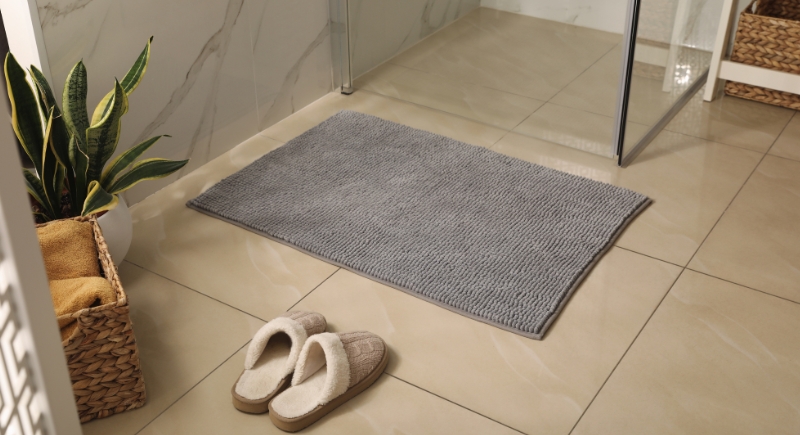
Credit: Africa Images
Bathrooms are fall-central. Wet floors, slippery tubs, and awkward toilet angles make navigation difficult. Eight out of ten senior falls happen in the bathroom, but minor tweaks can turn danger zones into safe zones without remodeling the whole house.
Trusting Every Caller With a Nice Voice
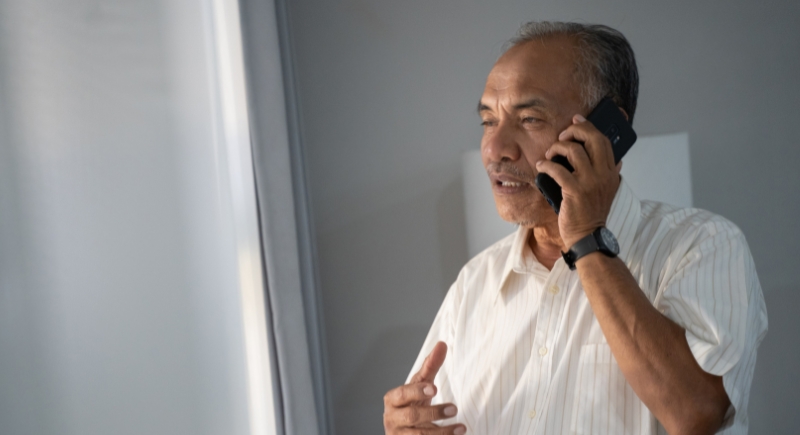
Credit: Getty Images
Fraudsters target older adults more than any other age group, and they don’t always sound sketchy. Sometimes, they pretend to be your bank, nephew, or the IRS. Be cautious with unsolicited messages, never share personal info, and hang up if something feels off.
Trying to Do It All in One Day
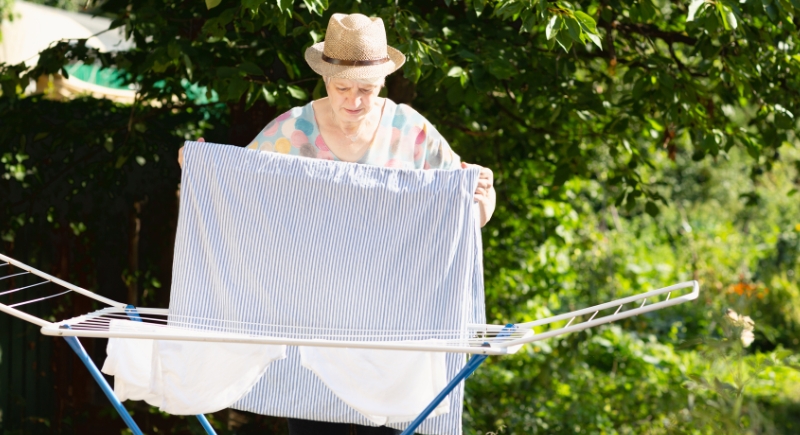
Credit: Getty Images
Spending hours running errands, lifting heavy laundry, and skipping meals in between? That’s a fast track to exhaustion or injury. Spread out tasks and take breaks. Energy is a resource worth budgeting.
Overlooking Nutrition

Credit: Canva
A steady diet of frozen dinners leaves gaps in nutrition. Older adults often need more calcium, protein, and fiber while cutting back on salt and sugar. Adding simple options like bagged salads, yogurt, or frozen vegetables helps cover those needs without extra work.
Not Having a Backup Plan

Credit: Getty Images
Power outage? Sudden illness? A missed delivery? When you live alone, having a backup for these moments keeps stress low and safety high. Extra batteries, a stash of shelf-stable food, and a contact who can check in help smooth over rough patches.